Description
Introductory Usul Study – Ijtihad & Taqlid
Introductory Usul Study 1: Ijtihad & Taqlid is a course designed as a primer for Usul Al Fiqh (Islamic legal theory – the study of the derivation of law) in English with special focus on Ijtihad, Taqlid and associated topics that are discussed in the books of Islamic legal theory.
The class will look at the concepts of Ijtihad (independent legal reasoning), Taqlid (following some who has done Ijtihad) yet do not have the knowledge of Arabic or formal Islamic education to study directly from the primary texts of Usul.
This course focuses on a historical, theoretical and practical study on Ijtihad, Taqlid, formulation of the Madhhabs, valid and invalid difference of opinion, issues of dispensation and ease, intersection of the schools in life (in Salah, marriage etc.), positions and scope of adherence to schools in the domains of Qada, Ifta and individual practice, Talfiq and other related issues.
Usul comprises of four main subject areas:
1. The sources of Islamic law (Adillah)
2. The meanings derived from words within the sources (Dalalat ‘l-Alfaz)
3. Dialectics, i.e. reasoned argumentation to prove or disprove a legal position (Jadal)
4. The independent and non-independent mechanisms for arriving at, issuing edicts in, and practising upon, legal opinions (Ijtihad, Taqlid, Talfiq, Ifta, Istifta, etc.)
This short course focuses on the lattermost aspect of Usul and highlights why it is among the most important and relevant areas of study in Islamic studies.
Requisites:
– Interest in how Islamic law operates
– Basic familiarity or curiosity with the concepts of Ijtihad, Taqlid and related matters
Who Is this For?
This course is suitable for those who do not have a background in Arabic language and have therefore not studied Fiqh or Usul directly from its sources. For advanced students with Arabic and Usul knowledge, they should strongly consider enrolling in the Advanced Usul Study of Ijtihad and Taqlid:
(On-Demand recorded sessions to view at any time and group access for those that enroll) – Click Here: https://legacy.institute/product/advanced-usul-study-ijtihad-and-taqlid/
There will be two free lessons in the beginning. Those who sign up for the whole course will be provided handouts and will have access to the class group out of class for further discussions. Q&A will be entertained in classes as well as in a dedicated student group.
Students will be encouraged to discuss and debate the topic at hand, with the instructor guiding the discussion.
Your Instructor
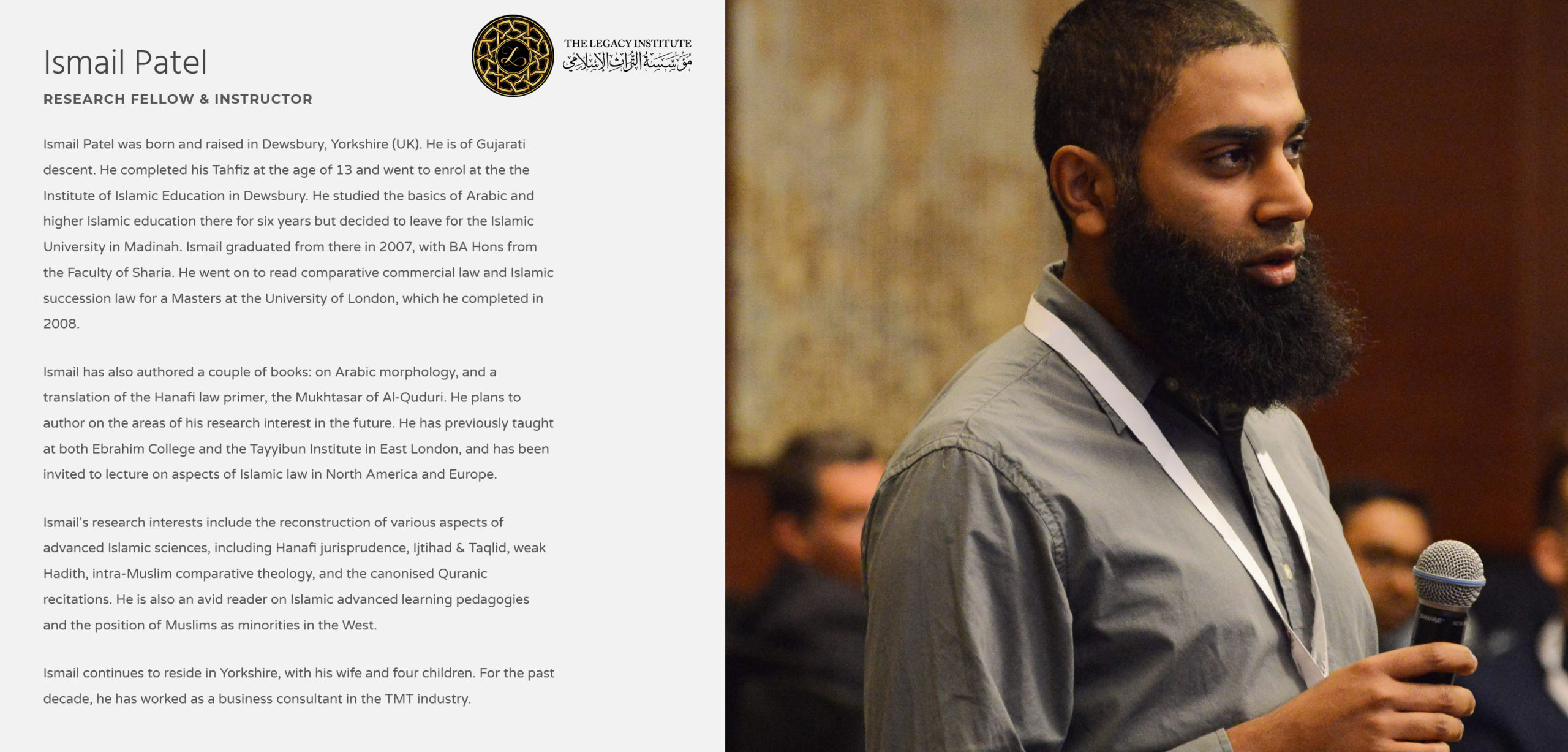
Course Objectives:
In this course, participating students will acquire the following:
- What is Usul ‘l-Fiqh?
- The various methods of Usul derivation and writing between Hanafi (Fuqaha) and the rest (Mutakallimun)
- Definitions of Ijtihad (independent legal reasoning), Taqlid (following some who has done Ijtihad), Ittiba (following), Mujtahid, Muqallid, Faqih (jurist), Tamadhhub (being affiliated to, or adopting, a school of Islamic law), Iltizam (adherence to a school) and other terms
- Historical overview of Ijtihad and Taqlid
- Form factors of Ijtihad
- The role of Maqasid (establishing Shariah objectives) in Ijtihad
- Arenas of Ijtihad and Taqlid
- Prerequisites of Ijtihad – who is able to exercise it?
- Fiqh v Hadith and the interplay between the two
- Talfiq (piecing two differently sourced positions together)
- Taking from outside the Four Schools
- The obligation of adherence to a school in all its rulings – for and against
- Following dispensations (rukhsah) versus following desires (hawa)
- Impact of polemics on discourses in Ijtihad and Taqlid
- Ifta and Istifta (issuing fatwas and asking for fatwas)
- The issue of valid v. invalid opinions and differences: parameters and contributing factors to validity and invalidity
This is an On-Demand course where you can download video of the sessions at your convenience. It is not a live course. There is a group to ask questions and interact with the instructor.
Stay updated on social media – @thelegacyi
Questions or Inquiries, please email: admin@legacy.institute
*This course is not refundable.


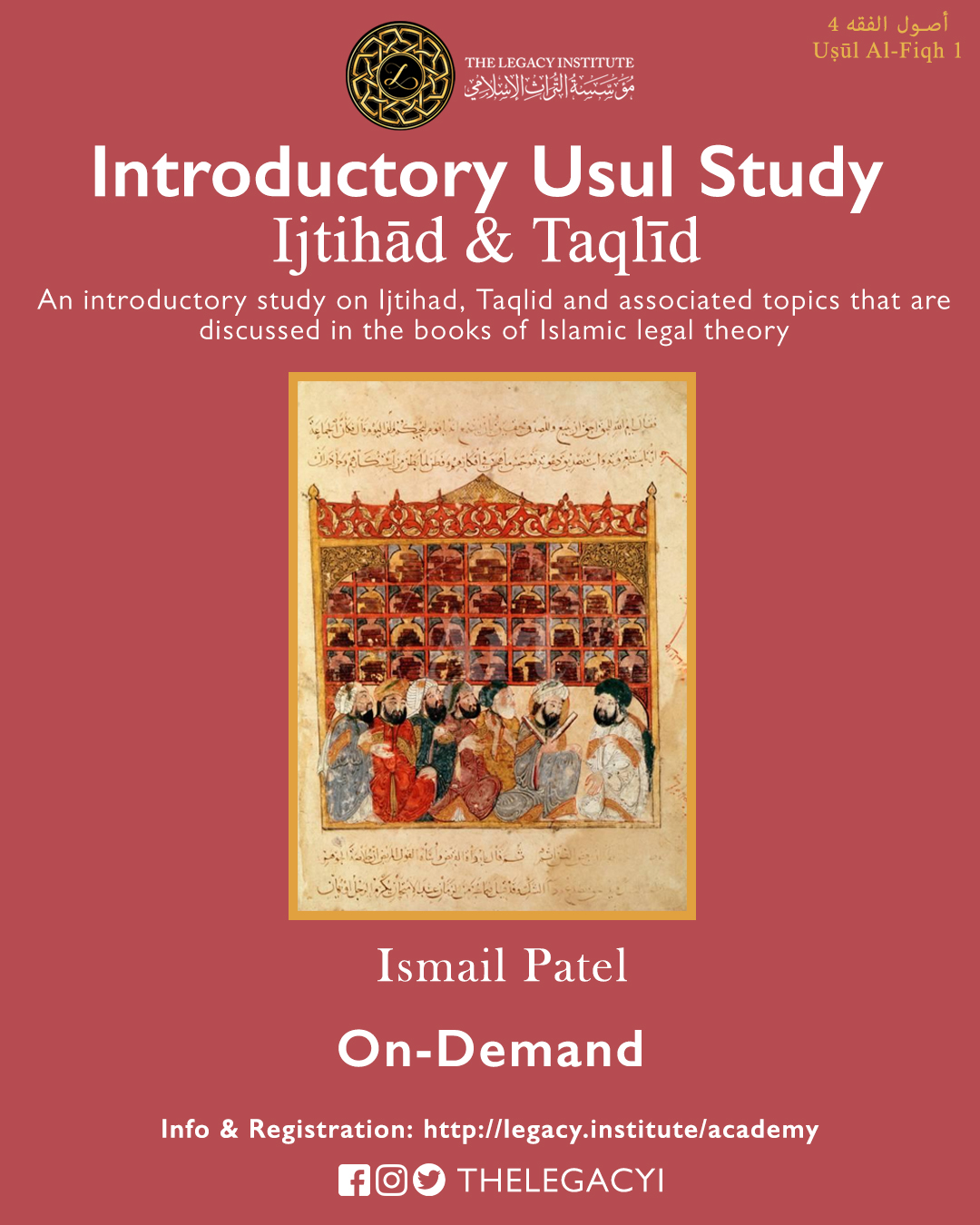
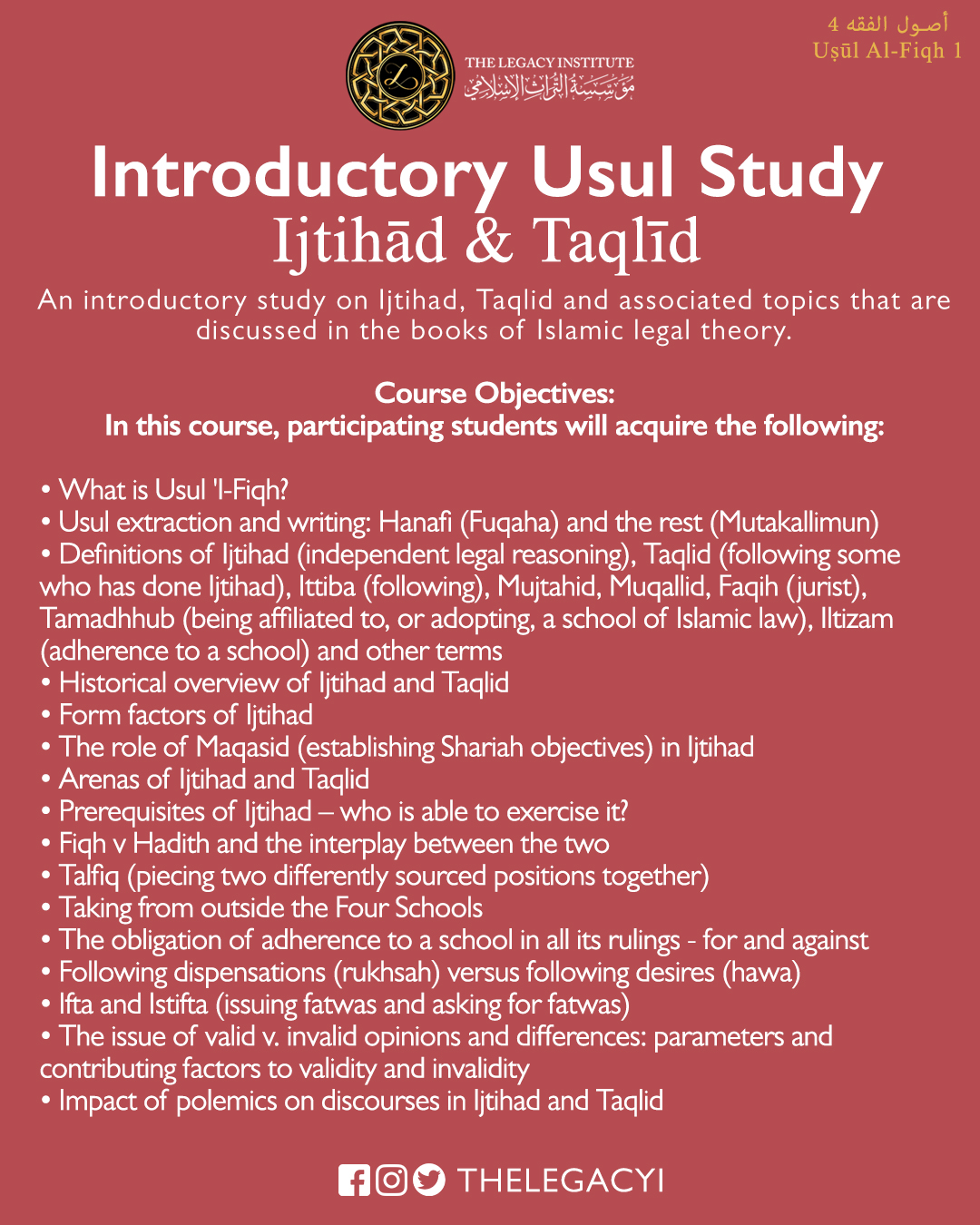
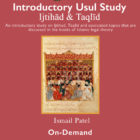
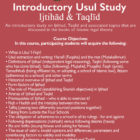
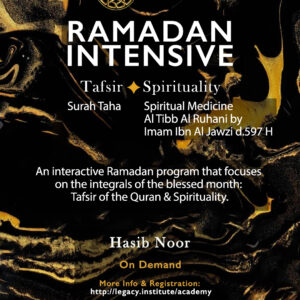
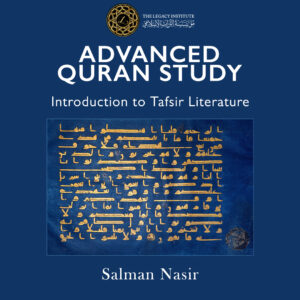


There are no reviews yet.